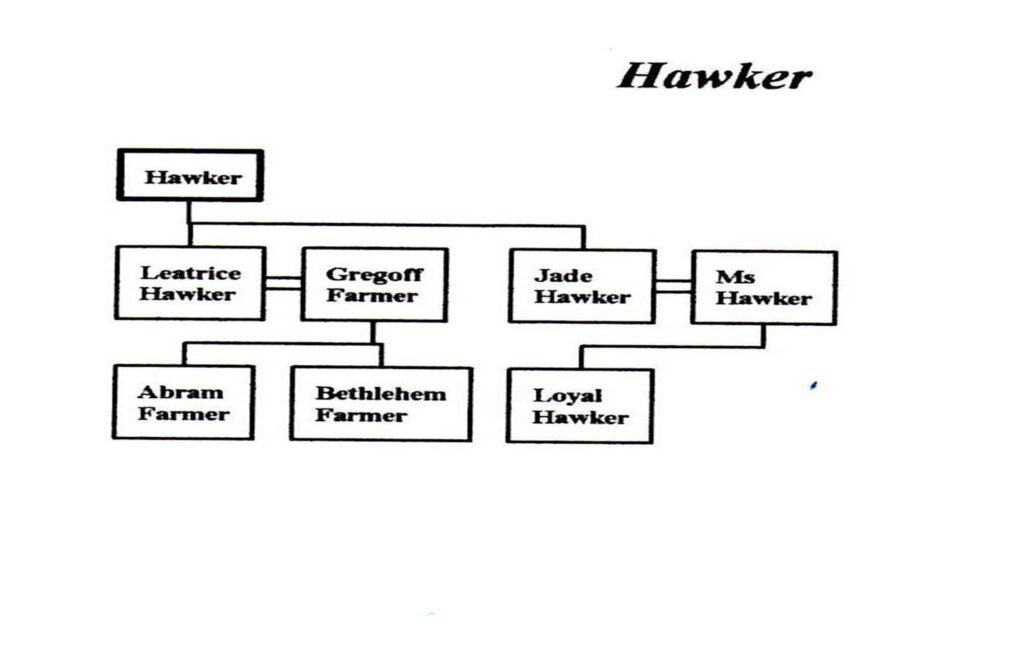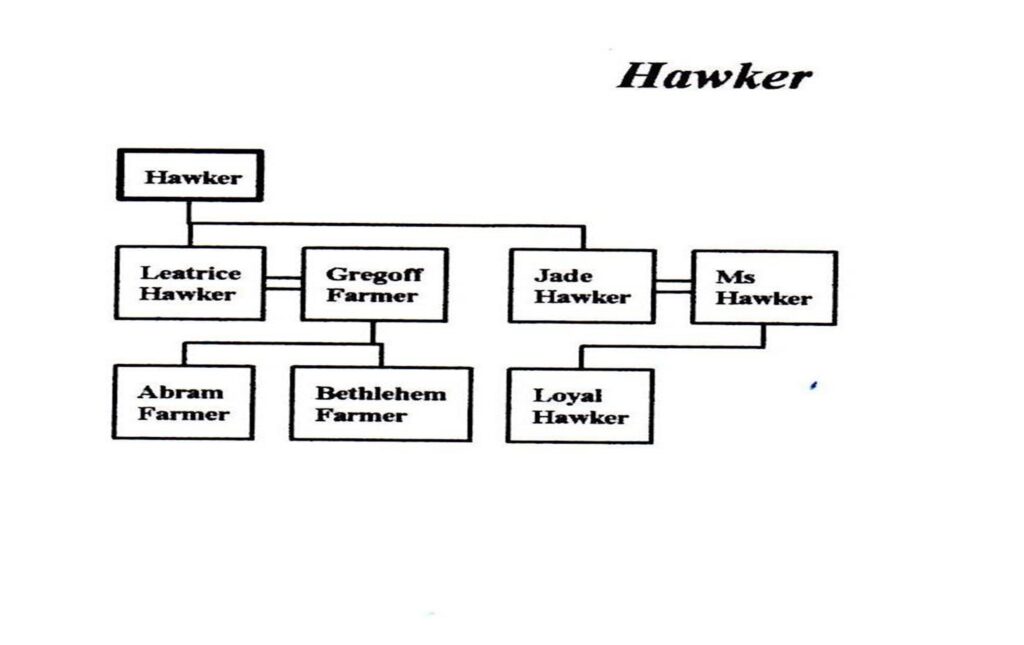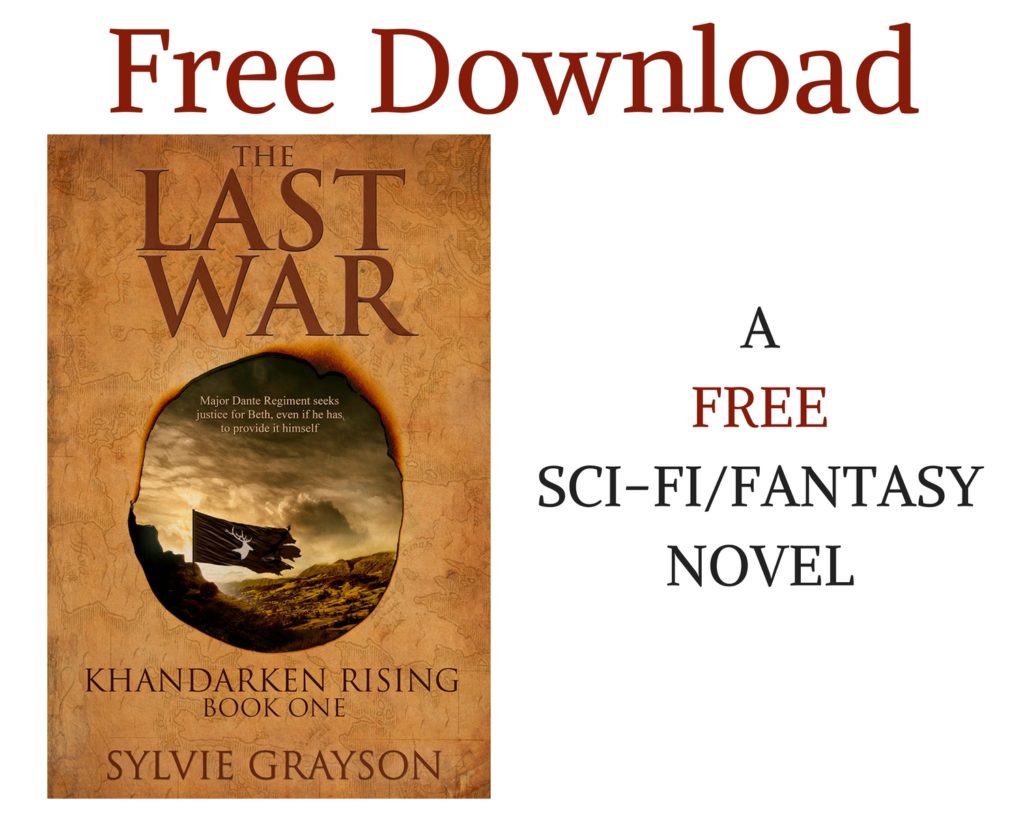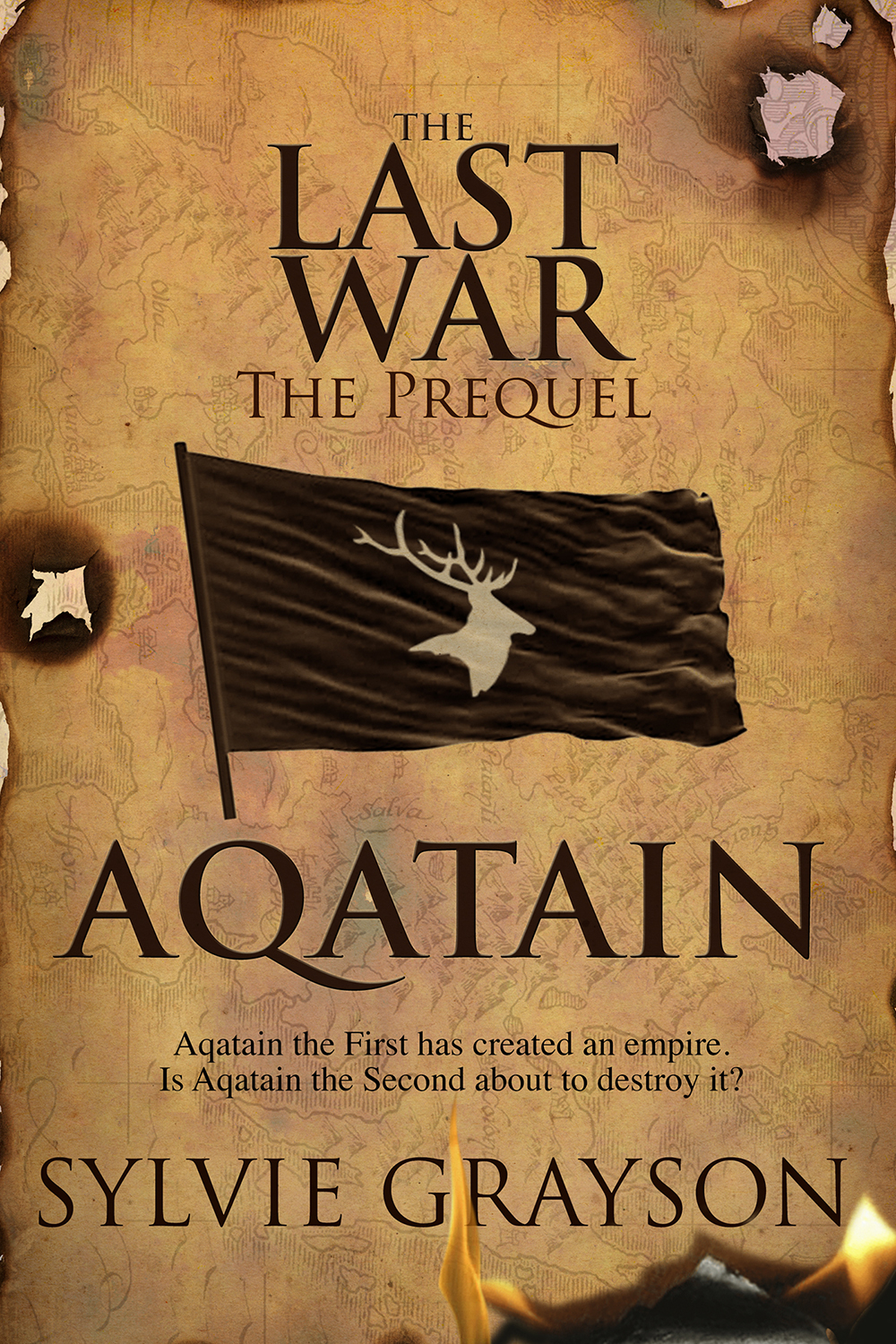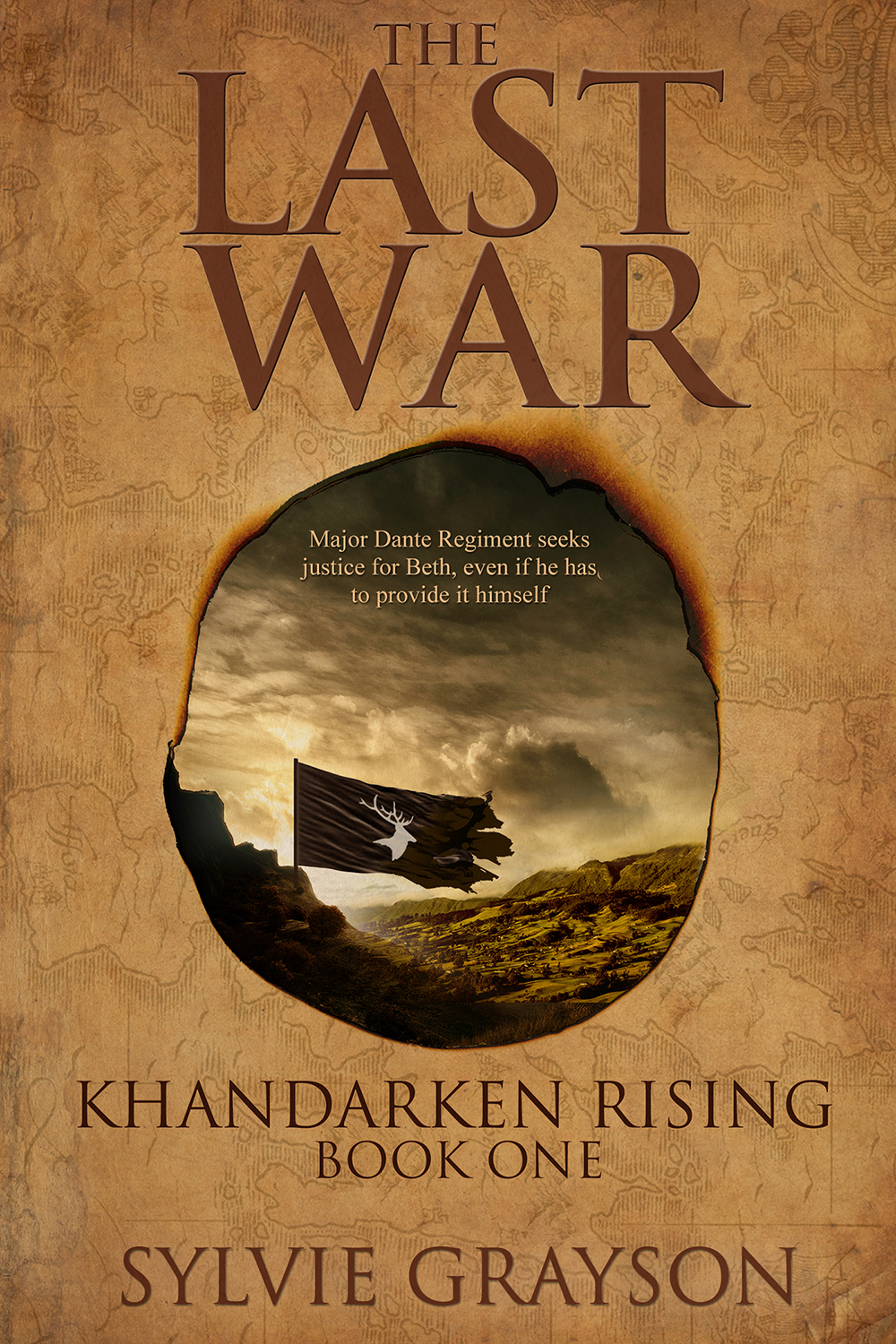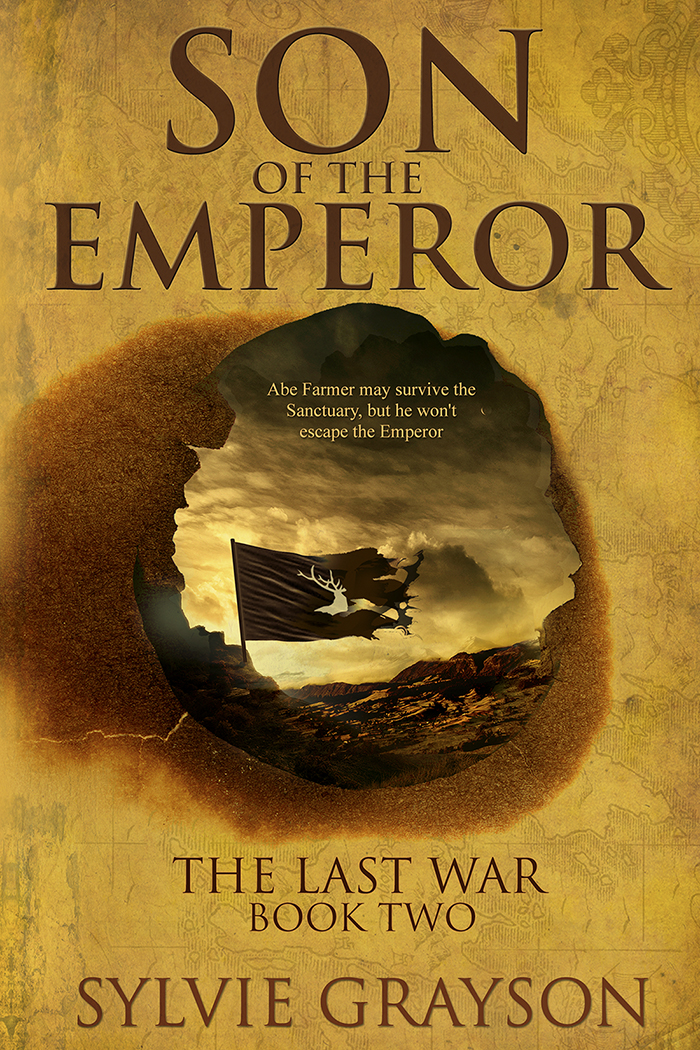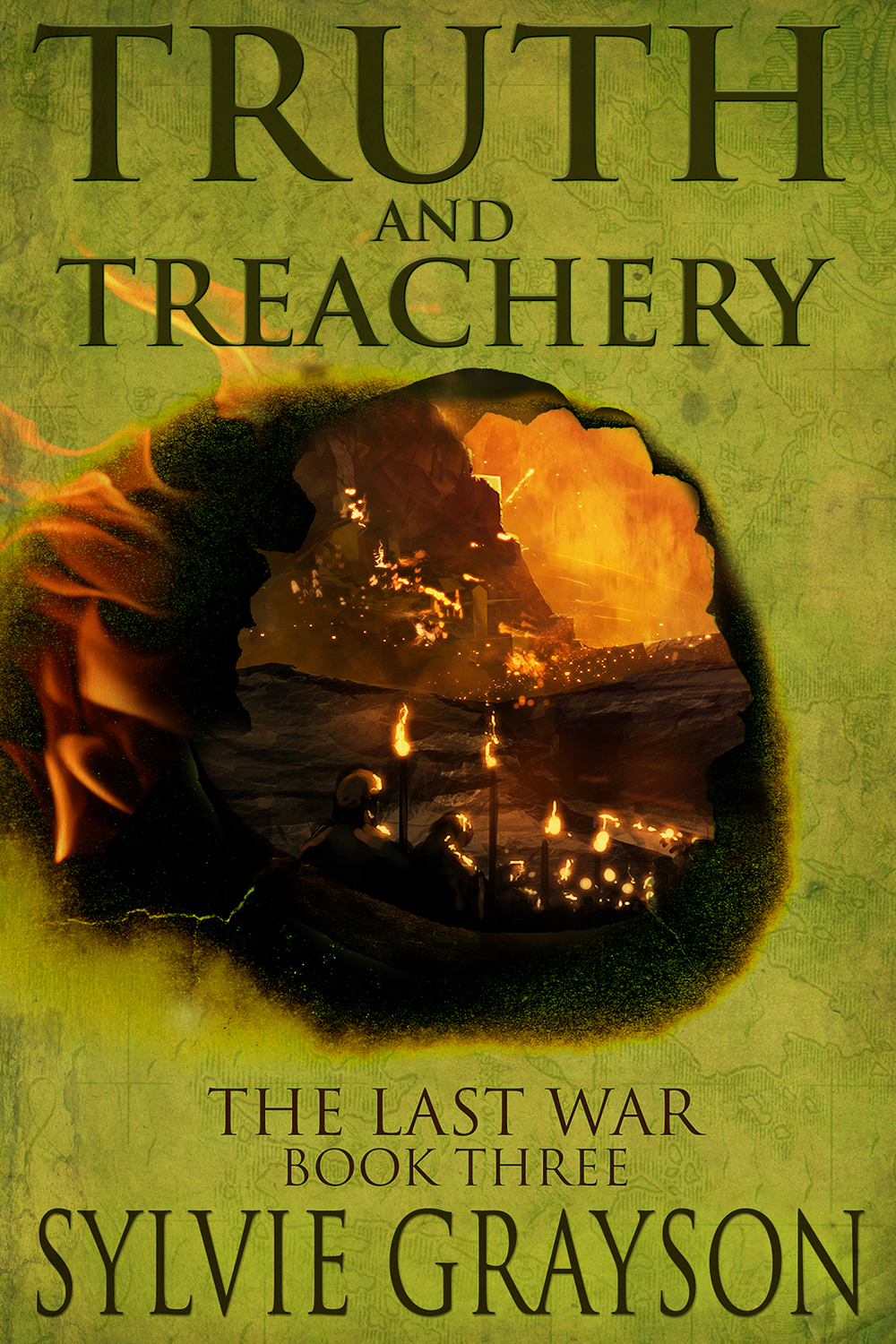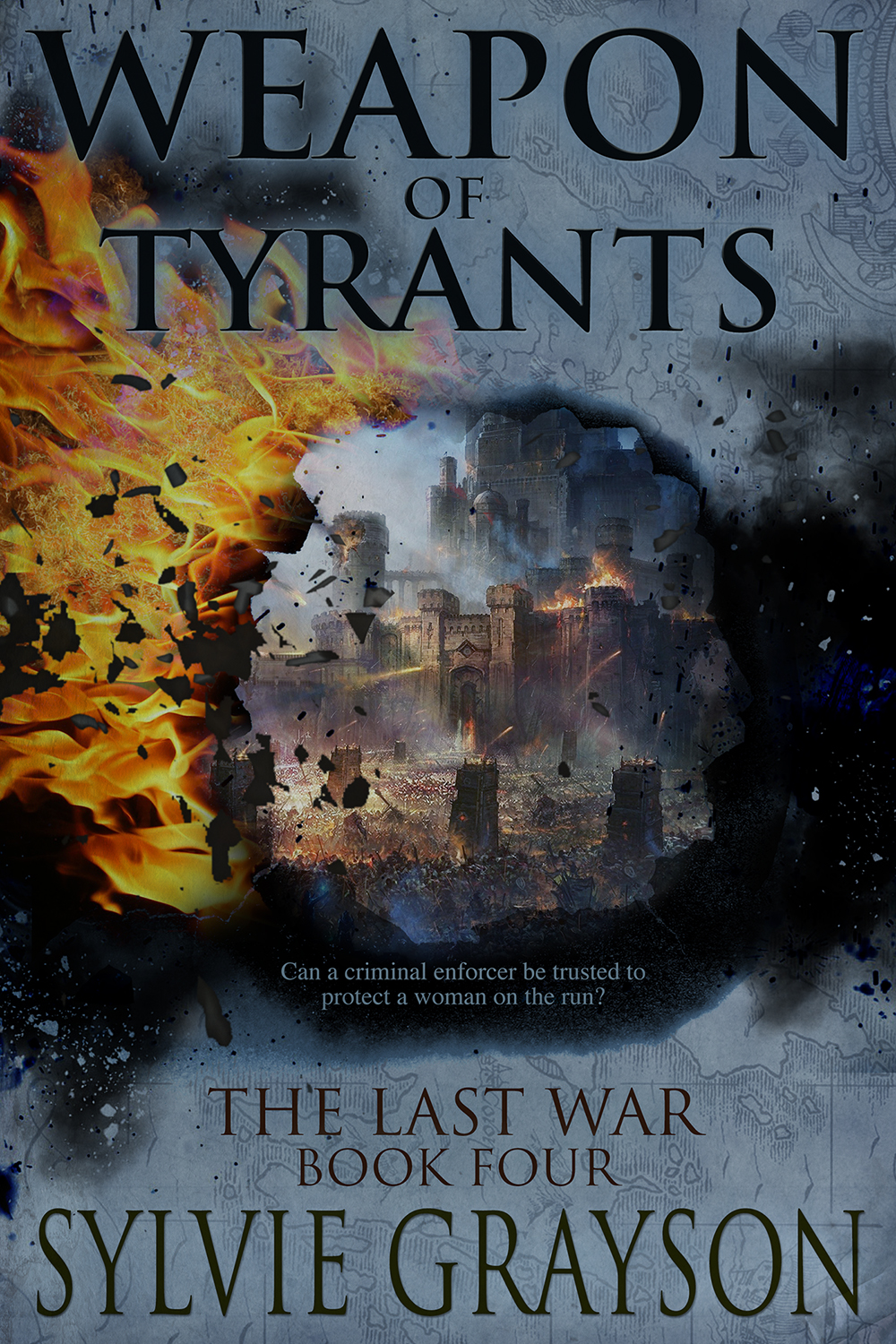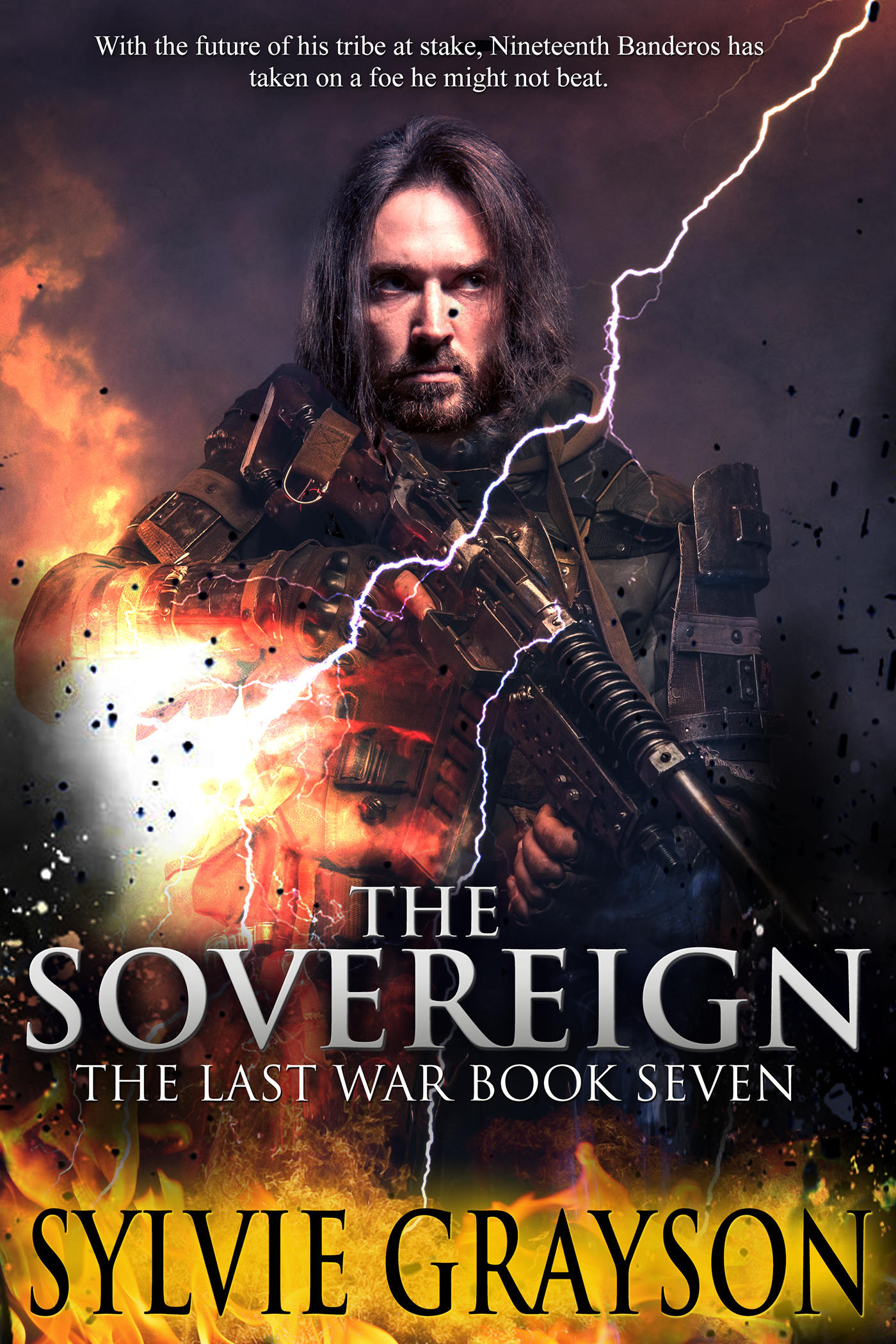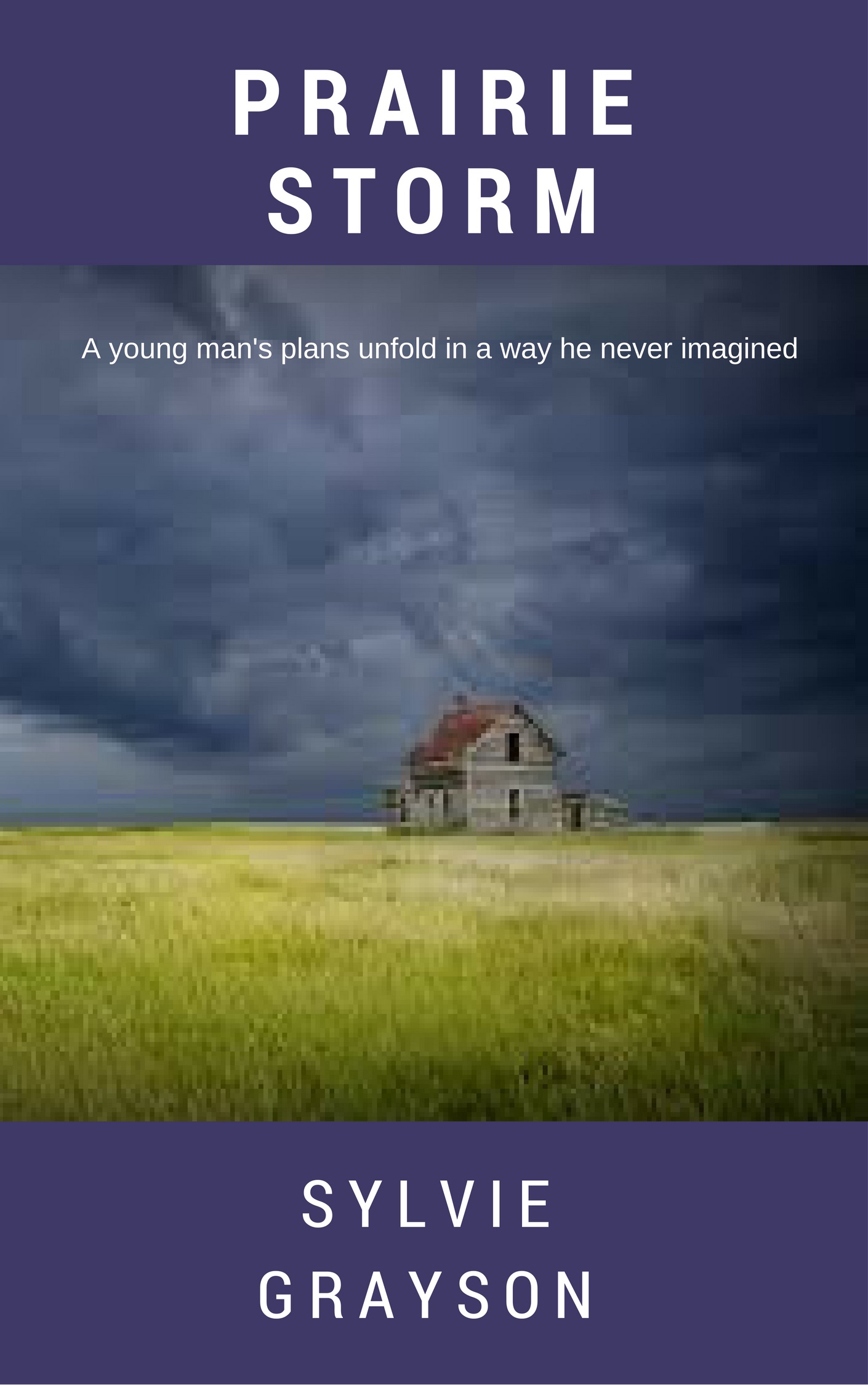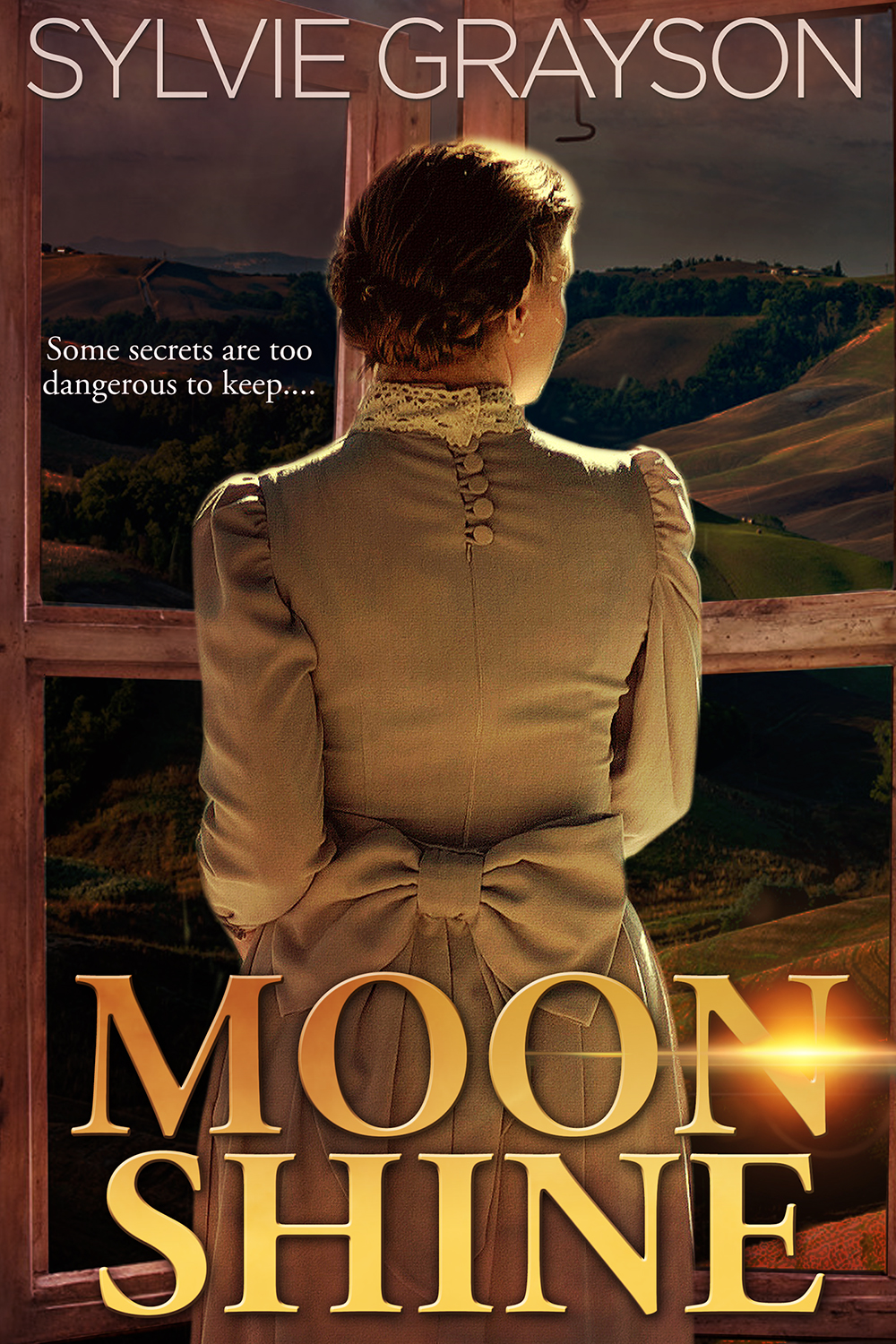I have done quite a few years of family genealogy, and my search came to a halt in the 15th Century due to the lack of documents available to continue my search. It also became more difficult due to the evolution of names.
We don’t have many records that would tell us when surnames first became common. The Doomsday Book was ordered to be created by William the Conqueror (note he doesn’t actually have a surname) in 1086, twenty years after he conquered England. It was a list of landowners or wealthy individuals, people who would be capable of paying taxes. Most of the entries are a single name, sometimes including a title or a description of their place of residence. Surnames did not exist.
This is the family tree for the Hawker family, from Khandarken Rising, The Last War, Book One. Gregoff Farmer married Leatrice Hawker and had two children, Abram and Bethlehem. You can find the book here
This is the family tree of the Hawker family from Khandarken Rising, The Last War, Book One. In that story, Gregoff Farmer had married Leatrice Hawker, and they had two children, Abram and Bethlehem. Things get complicated when Gregoff dies during the war and Uncle Jade tries to intervene in their lives. You can find the book here Khandarken Rising
Regarding surnames, during the Roman period, the Roman system was used. As time progressed, most records were primarily from churches and the names began to change slightly. One list that has survived from the 9th Century is a list of kings and leaders in England, yet it is still a list of single names–when a second name appears it is a rank or position, sometimes an occupation.
Even the first names tell us something. Most common during that time are Geoffrey, Henry, Ralph, Roger, William, all had become common, but they did not appear before the 12th Century. Prior to that, the names were from Norway, Finland, or Sweden, stemming from the Viking invasions. In this period a new pattern emerged– ‘name (de) name of residence or monastery or title’. These names soon became a surname.
By the 14th Century, surnames became more common — not so much related to occupation but to area, such as -tone, -ville, -ford, or to relationship such as -son. At this time, many of the first names were similar i.e.. Willelmus, Johannes, Robertus, Thomas, Ricardus, Margareta, Christophorus. These names had become common and appear repeatedly in the lists.
By the 15th Century, perhaps partly because the population had begun frequent movement, the surnames had moved away from location and began referencing family connections.
My family seemed to originate in north England, mainly Yorkshire. Because they were not landowners but labourers, their names do not appear on most documents, so the first mention of them I was able to find was in church records and once in a census taken in the 1600’s.
What about you? Have you had the chance to search back and find your origins?
*Reference – Wayne Shepheard, Journal of One-Name Studies, Vol 13, Issues 4, Oct-Dec 2018



